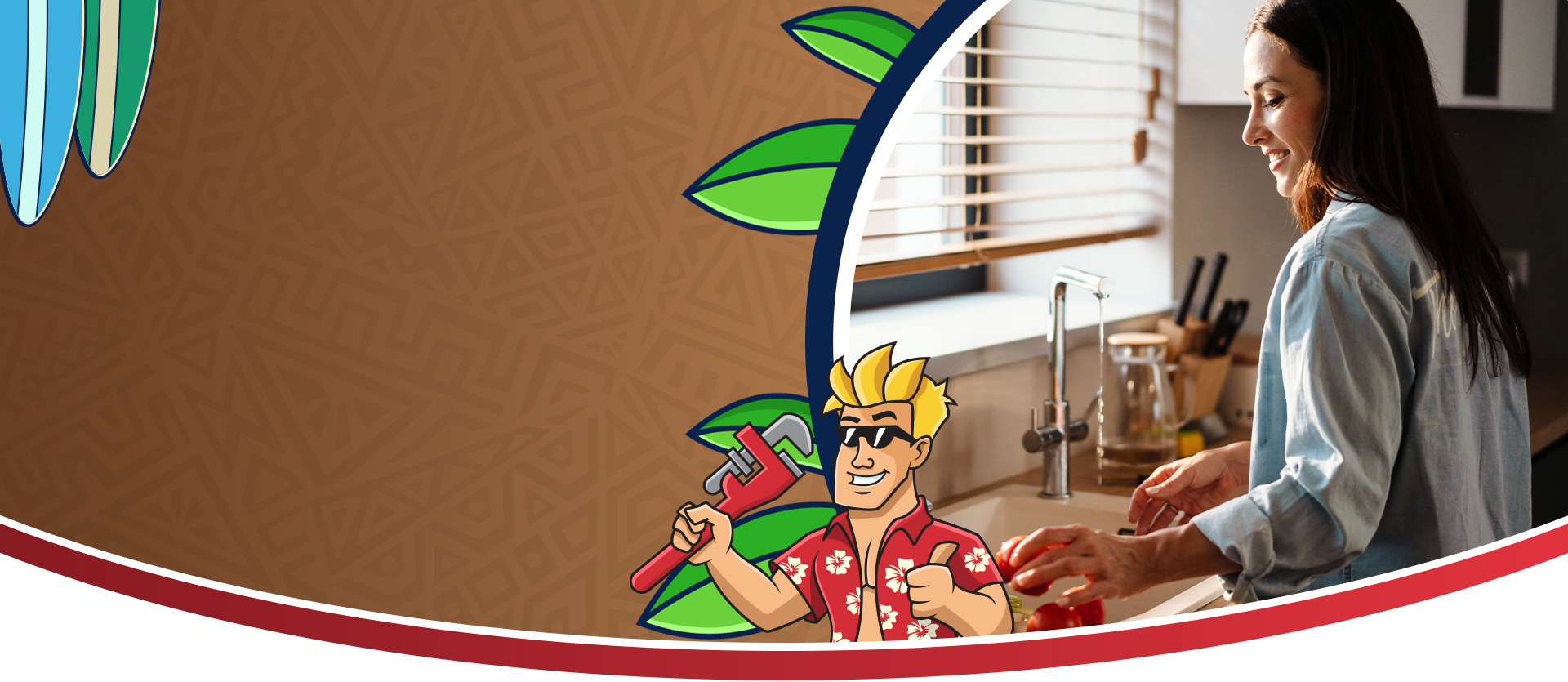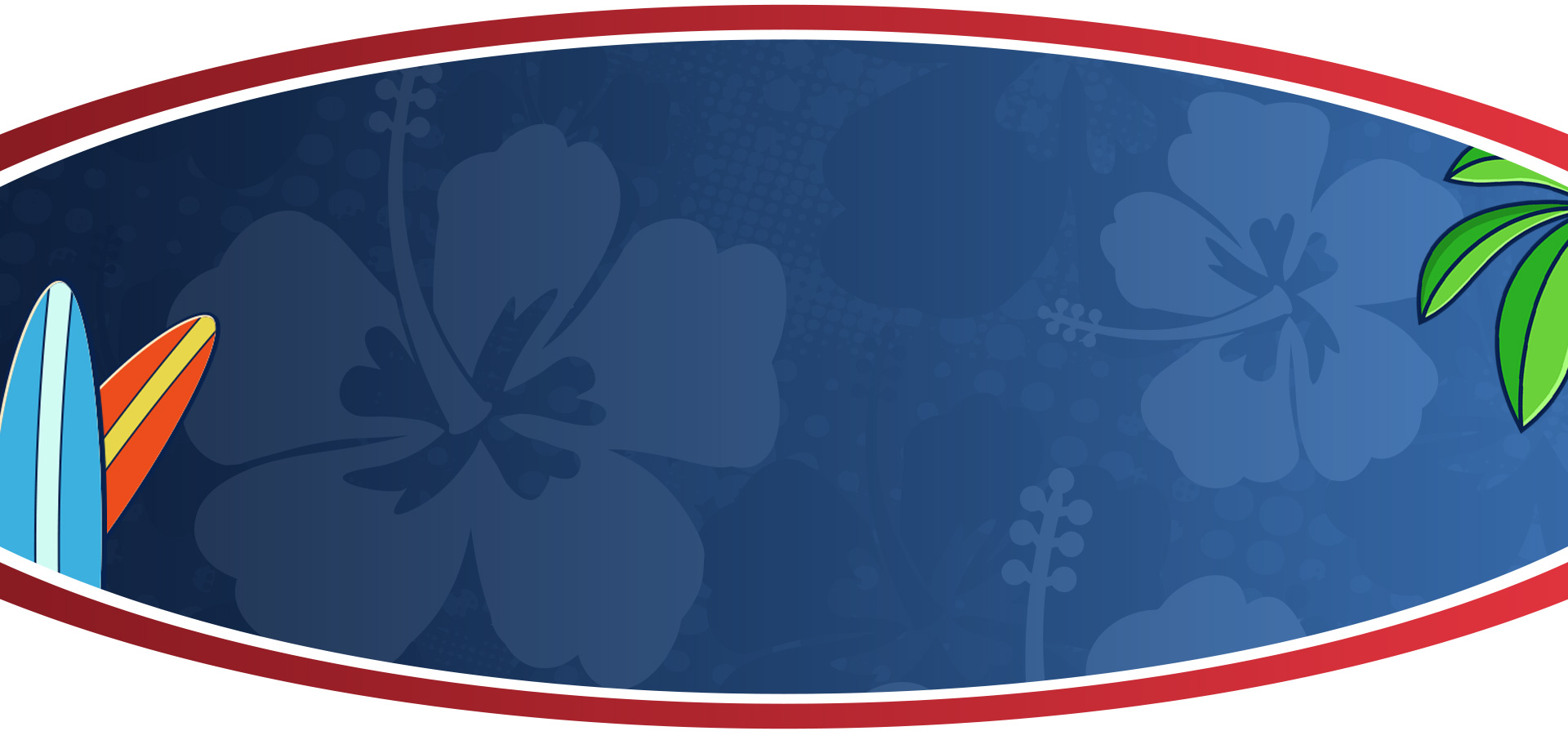
Serving Atlanta & the Surrounding Areas



Plumber in Atlanta, GA
24/7 Emergency Plumbing Services Are Available. Call now!
We understand the stress that comes with a malfunctioning plumbing system, which is why we offer emergency plumbing services in the Atlanta Metro Area. Our team of expert plumbers is available 24/7/365 to help you avoid plumbing disasters and restore your plumbing back to perfect working order.
At Hey Dude Plumbing, we believe that prompt and reliable service is crucial to avoid potential water damage or sewage backup. We offer emergency plumbing services to ensure that your plumbing issues are resolved quickly and efficiently. Our experienced plumbers are equipped with the latest tools and technology to diagnose and fix any plumbing problem, from minor leaks to major clogs.
We are committed to providing first-class quality service at affordable prices. We believe that everyone deserves access to reliable and affordable plumbing services. Whether you need repairs or installation services, you can trust us to deliver the best service every time.
Don't let a plumbing emergency ruin your day. Contact Hey Dude Plumbing for fast and easy plumbing repairs in the Atlanta Metro Area. Our team of experienced plumbers is here to help you get your plumbing back to perfect working order in no time.
- 24/7/365 Emergency Service
- Same Day Service Available
- First Class Quality Service at Affordable Prices
Give us a call at (762) 475-1949 or contact us online to get started with plumbing services in Atlanta or surrounding areas!
From Drips to Waves, We've Got You Covered

Good Vibes, Great Fixes
Hear From Our Happy Customers
-
"Hey Dude is my go-to plumber in Atlanta!"Jeremy is fantastic! He diagnosed my plumbing issue, offered a solution, fixed it in record time, and the rate was good. The follow-up service was great as well. Thank you!!- Harriett F.
-
"Great customer service!"Jeremy is an extraordinary and highly knowledgeable professional. He immediately diagnosed the issue and was very kind, taking the time to explain everything. He reached out to the manufacturer of my water heater for a replacement under warranty!- Marco C.
-
"This company is amazing!"Michael is extremely knowledgeable and helped tremendously over the phone. Even gave us warranty information. He took our information at 11pm and continued to help while we were waiting for a new heater to arrive. Absolutely AMAZING!!!- Tanecia W.
-
"I couldn’t be more impressed with their professionalism and expertise!"If you’re looking for someone who knows their craft and provides top-notch customer service, I highly recommend Jeremy at Hey Dude Plumbing. He’s a true professional and an asset to anyone in need of plumbing or water heater expertise.- David D.
-
"Couldn't have found a better place even if I tried."Everything about the process was smooth from start to finish. Jeremy had my water heater fixed in no time. I definitely know who I will be calling next time, thank you so much, Hey Dude Plumbing!- Stephen H.
-
"Great company to do business with."The person on the phone and the tech, Matt, we're both very knowledgeable and helpful. Extremely pleased with the service.- Phillip S.
-
"100% would recommend!"The owner, Michael, was great on a Saturday- making sure to help me. Jasper came out and was communicative, timely, professional, and explained everything to me. Super fair pricing. Great financing options if needed!- Kathleen B.
-
"Fast & professional service!"Jeremy, the technician, took the time to clearly explain my issue and provided a solution in terms that were easy for me to understand. His communication skills made a positive difference in my overall experience.- Keria J.

Why Choose Hey Dude?
Hey Dude Plumbing should be your top choice for all your plumbing needs. Our licensed and experienced professionals provide expert plumbing services to residential and commercial clients. We understand that plumbing emergencies can happen at any time, which is why we offer 24/7 emergency services to ensure that you get the help you need when you need it most. Our team offers a wide range of plumbing solutions, from simple repairs to complex installations and maintenance services. We use only the latest tools and techniques to ensure that our solutions are reliable, efficient, and long-lasting. We also pride ourselves on providing exceptional customer service, ensuring that our clients are satisfied with every aspect of our work.
At Hey Dude Plumbing, we offer affordable prices without sacrificing quality, so you can trust that you are getting the best value for your money. With our commitment to quality workmanship and customer satisfaction, you can be confident that you are choosing the best plumbing company for all your needs.
- Locally Owned and Operated
- Licensed and Insured
- Over 20 Years of Experience
- Insurance Claims Assistance

Reliable Plumbing with a Laid-Back Twist
-
Service Available Day or NightEmergencies don't wait for office hours. You shouldn't have to either. We're available 24 hours a day, 7 days a week, 365 days of the year.
-
Solution-Oriented ProfessionalsWe've been in the industry long enough to know how to address any plumbing problem you have. We'll work within your budget to find the best solution.
-
Easy-to-Use Customer PortalWith all your project information at your fingertips, our customer portal takes the stress out of calling a professional to your home.
-
Expert Service, Stress-Free ExperiencePlumbing problems create unnecessary stress. Trust the team at Hey Dude Plumbing to provide expert service to get your home back to normal quickly.
You Have Questions, We Have Answers
Hey Dude Plumbing is here to help you solve your plumbing issues. Whether you are hearing weird noises in your walls or from your faucet, need your water heater replaced, or think you may have an undetected leak, we've got the skills and knowledge to figure out what's going on and resolve your issue. Read through our list of most frequently asked plumbing questions for help. If you can't find what you're looking for, do not hesitate to contact one of our experts directly.
-
Why won't my toilet stop running?Normally, when the toilet does not stop running, the issue is inside the fill tank and is more than likely the flapper valve. When this valve does not close properly, water continuously leaks into the toilet bowl. This may be hard to detect, but you will see an increase in water usage on your water meter and bills. Repairing a leaking flapper valve can be done by yourself, but it’s certainly something the team at Hey Dude can handle for you as well. If the issue resides with the valve assembly or there is debris inside the fill valve, do not DIY this. Call the plumbing team at Hey Dude Plumbing for help.
-
How do I fix a leaky toilet?
If possible, identify where the toilet is leaking from. The water supply line is the most common source of toilet leaks. You will want to also check the water supply valve and the point where the water supply line enters the toilet tank. Toilet leaks can occur where the toilet meets the tank and at any point where the integrity of the tank or bowl is weakened.
Leaks also occur around the base of the toilet, especially if the mounting bolts are no longer holding the toilet properly in place. Depending on the location and severity of your leak, Hey Dude Plumbing will let you know if it’s easily repairable or if it’s time to replace the toilet.
-
What should I do if my toilet is clogged?
The fastest and easiest way to get your toilet working properly again is to try and unclog the toilet yourself. Here are some basic solutions we recommend trying before giving the Hey Dude team a call.
Plunging
This is the easiest and go-to method for most people. Try pumping the plunger repeatedly until the water drains.
Plumbing Snake or Plumbing Auger
Another useful tool to quickly unclog a toilet is a drain snake. Try lowering the head into the toilet and turning the handle clockwise to wind the snake down the drain. If you feel an obstruction, lightly shake the handle to break up the clog and pull the drain snake head back up.
Vinegar and Baking Soda
Pour one cup of baking soda and one cup of vinegar into your toilet bowl. Wait 20-30 minutes, and then flush to see if the clog has passed through.
Soap and Hot Water
Squirt about half a cup of dish soap or shampoo into your toilet bowl. Wait 20-30 minutes, and then pour in hot (not boiling) water and wait another few minutes. If the water begins to drain, you’ll know the clog has passed through. Alternatively, you can also just use hot water.
If you have tried one or more of these, it is time to call the pros at Hey Dude Plumbing. The clog is more than likely farther in the drain line or sewer line, which requires a professional inspection.



